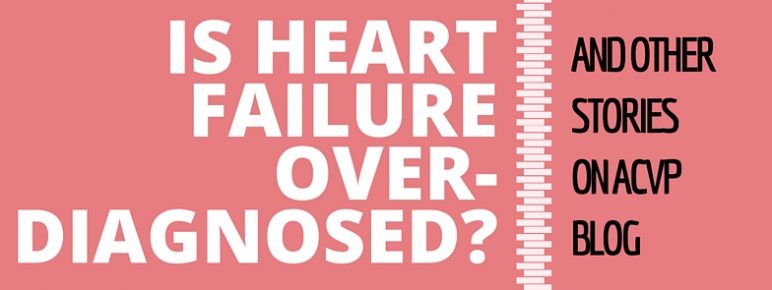"Something strange is going on in medicine," writes the New York Times's Gina Kolata - major diseases are are on the wane, and in some cases, it's a mystery as to why.
A decline in mortality from colon cancer is "especially perplexing," writes Kolata - a decline by nearly 50 percent since its peak in the 1980s has left researchers searching for an answer, since more screening couldn't possibly indicate such a large decline.
Heart disease mortality still declining, but slowing
Despite still being the number one cause of death in the world and the United States, death rates from cardiovascular disease and stroke have been steadily and significantly declining since the 1970s.
From 2000 to 2010, age-adjusted mortality decreased 30 percent for heart disease and 36 percent for stoke. And with cancer mortality declining by only 13 percent over that time period, it looked as if heart disease might lose its status as leading cause of death in the United States for the first time since 1910.
Not so fast.
Continue reading Medical Mystery Monday: Why is Heart Disease In Decline? Part One



